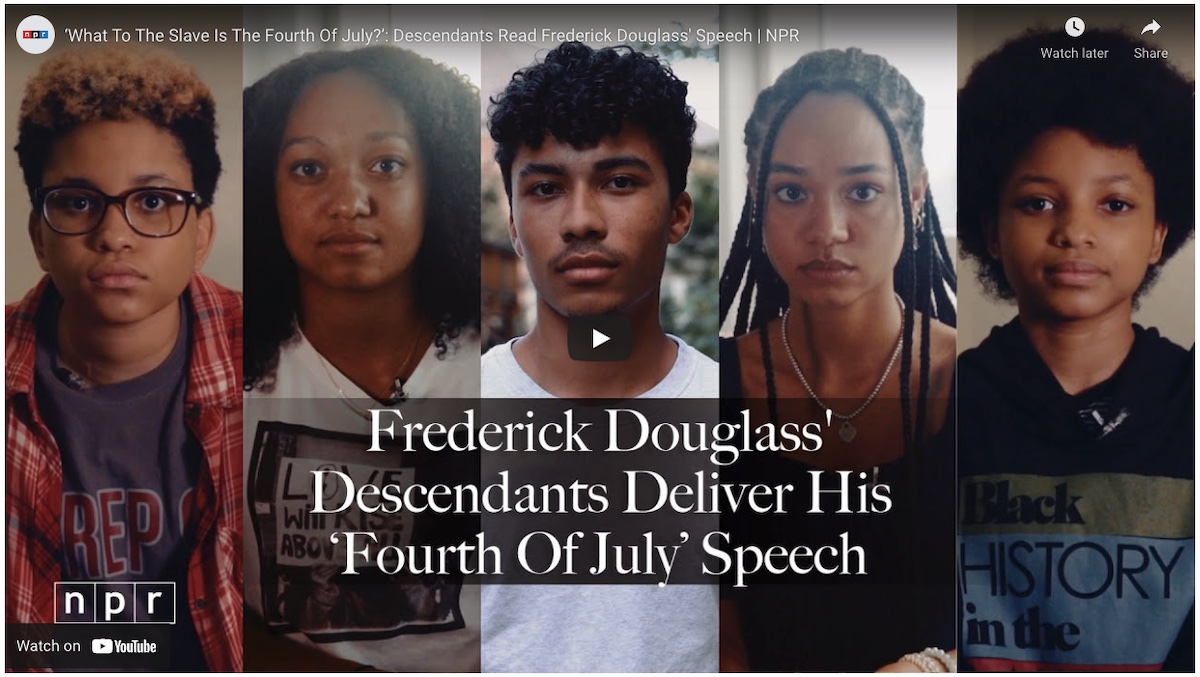We observe Juneteenth this coming Monday, its second year as an officially recognized federal holiday.
From History.com: “Juneteenth (short for ‘June Nineteenth’) marks the day when federal troops arrived in Galveston, Texas, in 1865, to take control of the state and ensure that all enslaved people be freed.” It took two and a half years after the Emancipation Proclamation for enslaved people to learn they were free, mainly because Confederate states kept that information from them. This list of children’s books can help you learn more about the holiday as a family.
As you and your family pause to reflect on Juneteenth, we encourage you to think about the relationship between mental health and Juneteenth’s significance and lessons. These articles discuss the relationship between Juneteenth and mental health in more depth:
Juneteenth: Freedom is a Work in Progress from the National Alliance on Mental Illness (NAMI), describes NAMI’s commitment to “a more just, equitable, diverse and inclusive organization” and its efforts to intentionally create culturally competent mental health resources for communities of color.
The author of the Jed Foundation’s What Juneteenth Can Teach Us About Racial Trauma and the Resilience of the Black Community details the Juneteenth celebrations and conversations he attended growing up in New Orleans. He shares that these gatherings allowed everyone involved to celebrate triumphs and reinforced their sense of community, paving the way for them to begin to address the racial trauma they experienced. He includes additional resources about Juneteenth, systemic racism, and ways to support mental health.
Three Ways to Celebrate and Support Black Mental Health on Juneteenth by the American Counseling Association encourages everyone to take these steps in recognition of Juneteenth:
1) Listen to Black Voices,
2) Respect Black Spaces and
3) Learn Your History.
It also urges us to think about how we perceive holidays and points to Frederick Douglas’s Fourth of July speech as a starting point.
[top photo credit: NPR via Youtube]

